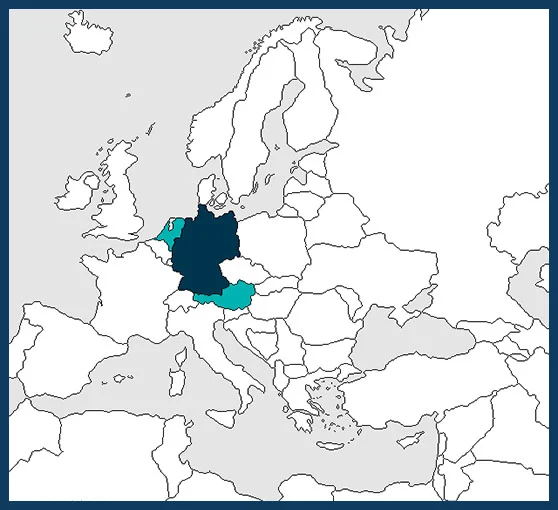05-2015 to 04-2018
€ 695 103
Dr. Claudia Sattler
csattler@zalf.de
Leibniz-Centre for Agricultural Landscape Research, GERMANY (Coordinator)
Organization for International Dialogue and Conflict Management, Vienna, AUSTRIA
Wageningen University, THE NETHERLANDS

There is often a misfit between established governance approaches, including the institutional structures created for governance implementation, and the spatial and temporal scales that are relevant for effective ecosystem service (ES) provision and biodiversity protection in agricultural landscapes. Against this backdrop, the CP3 project hypothesizes, that particularly collaborative approaches in governance exist that can help in providing an institutional fit and that such approaches offer valuable insights to inform stakeholders in governance and policy who face similar challenges.
CP3 main objectives are to:
•Identify, describe, and analyze collaborative governance models that are successful in providing institutional fit for better protecting biodiversity and delivering ecosystem services in agriculture;
• Identify, describe, and analyze agricultural production practices linked to the different governance models to explore their relations to ES, food production and biodiversity targets, including existing trade-offs and synergies;
•Develop an inventory of ES provided by and needed to sustain agro- ecosystems, including spatial and temporal scales of delivery, and ES flows;
• Derive recommendations for stakeholders, i.e. policy makers, market actors, civil society initiatives, farming communities on how development of such collaborative governance models can be supported by specific policies.
The project will conduct inter- and transdisciplinary research involving natural and social scientists closely cooperating with regional stakeholders in three core case studies in Austria, Germany and The Netherlands. To allow for a more comprehensive analysis, additional case studies for ‘desk top’ research from inside and outside Europe will be considered. The case studies will exemplify different combination in regard to their protection status (e.g. nature park, biosphere reserve, etc.), agro-ecosystem management type and intensity, and different sets of ES they provide and are dependent upon.
Specific activities to foster the dissemination of the projects outputs towards stakeholders will be implemented. User group tailored materials will be developed and participatory movies realized. Events mobilizing stakeholders will also be organized.
Targeted groups include in the first place regional stakeholders at case study level (e.g. land owners and managers/farmers, regional and local authorities, business companies, research institutes, civil society organizations based in the regions, etc.) as well as policy decision makers at the national and EU level. Further end user groups are the scientific community and the general public to raise public awareness and contribute to the research topic.